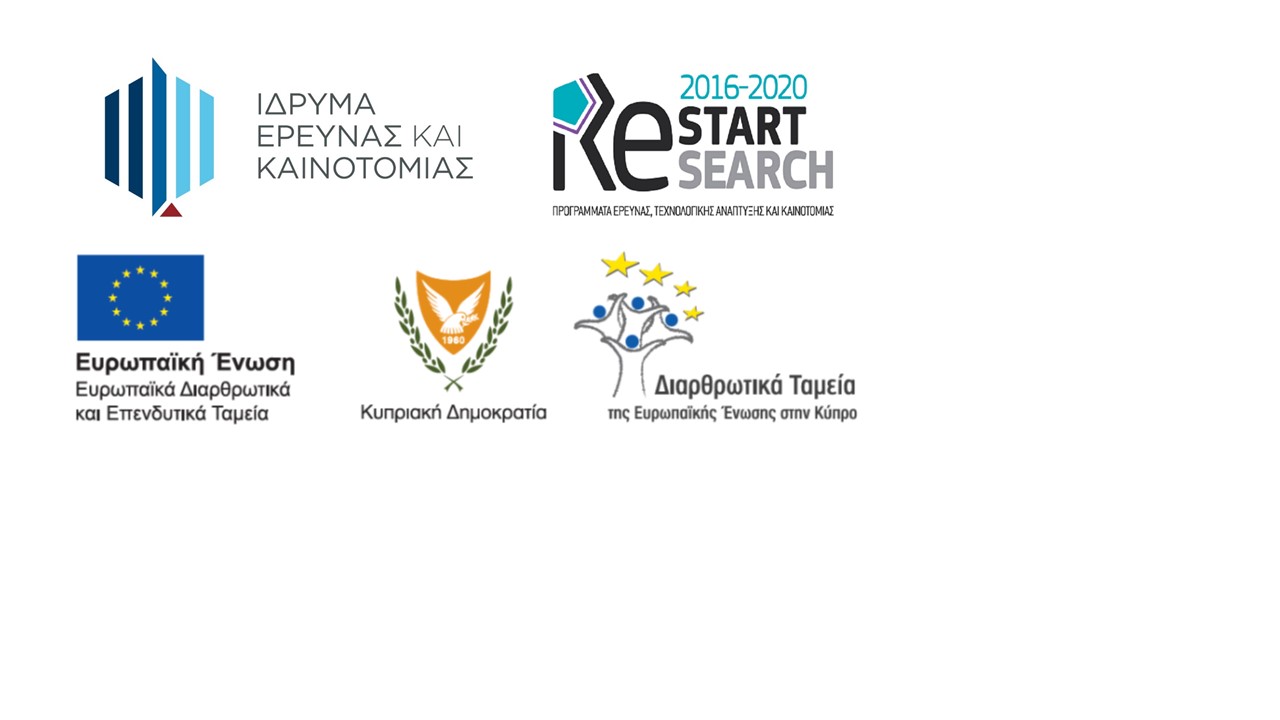POLYSTEM
“Biomimetic, biocompatible and anisotropic synthetic polymer scaffold for tendon stem cell therapy with guided stem cell differentiation”
(OPPORTUNITY/0916/MSCA/0017)
Worldwide there are 30 million cases of tendon and ligament injuries annually, and costs approximately €115 billion per year of health care expenditure, and is estimated to grow in the following years. Due to the low regenerative capacity of these tissue treating them requires long and painful rehabilitation periods and the recovery is usually incomplete. Cell-based therapies have shown some successful results when used for tissues such as tendons. The issue that all cell-based therapies have is the cell delivery to the injured site. Studies have shown that using the current cell delivery method, which is injecting the cells at the injured site, less than 5% of the cells reside at the site of injection. Therefore, it is imperative to develop better methods to deliver the cells. In tissue engineering the use of a biomaterial with usually a porous structure (known as a scaffold) is used to aid in tissue development. It functions by providing a temporary 3D structure to the cells with a viable environment for them to adhere and proliferate and develop their own extra cellular matrix while the scaffold is degrading. The POLYSTEM project is aiming to synthesise and fabricate a porous scaffold with the appropriate microstructure and mechanical properties to act as a stem cell carrier for tendon stem cell therapy, but also induce and guide tissue generation and stem cell differentiation.
Consortium: Cyprus University of Technology (HO)
Duration: 2019-2021
Total budget: €145,920
Funding Agency: The Project is co–funded by the European Regional Development Fund and the Republic of Cyprus through the Research & Innovation Foundation.


